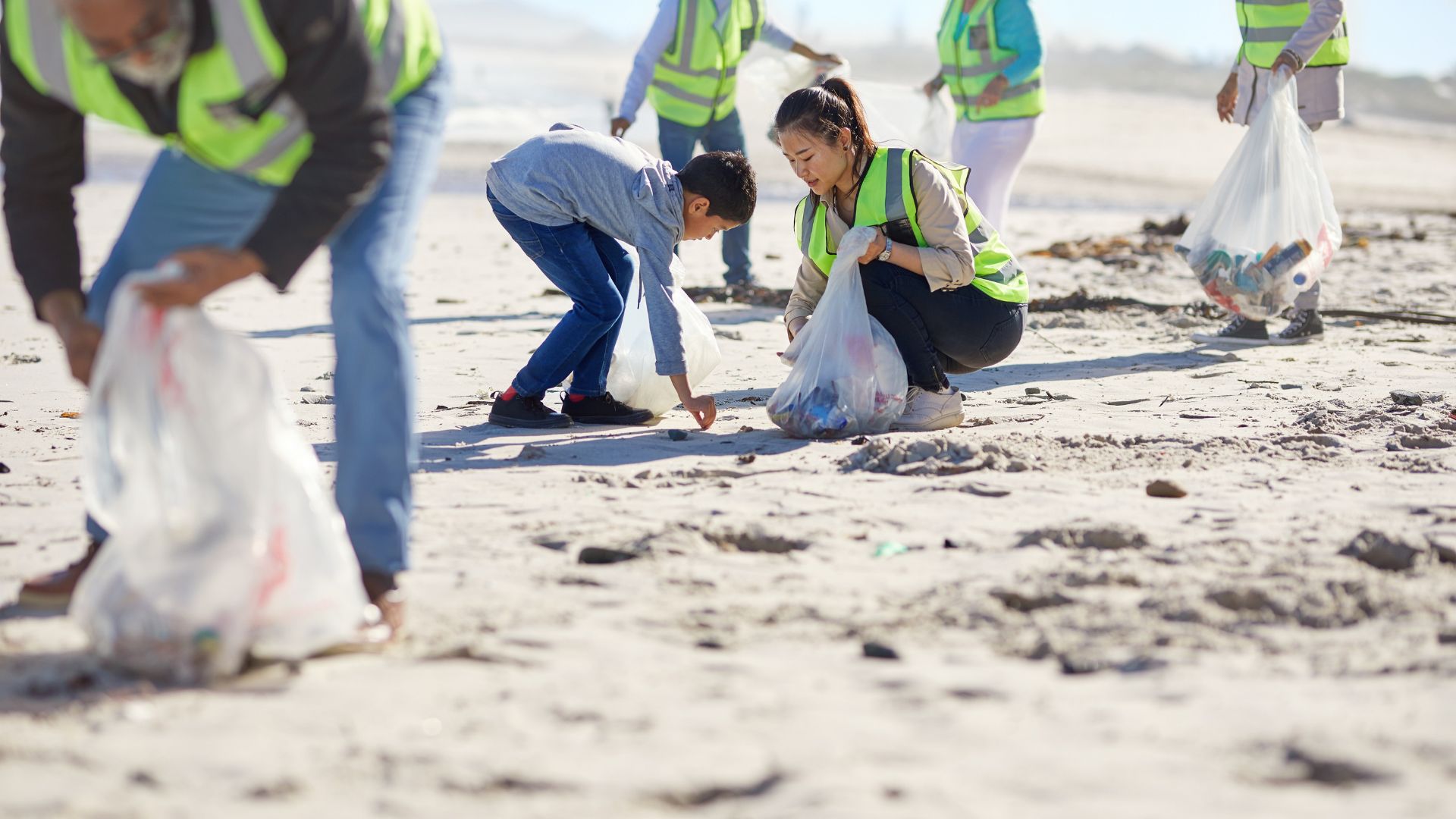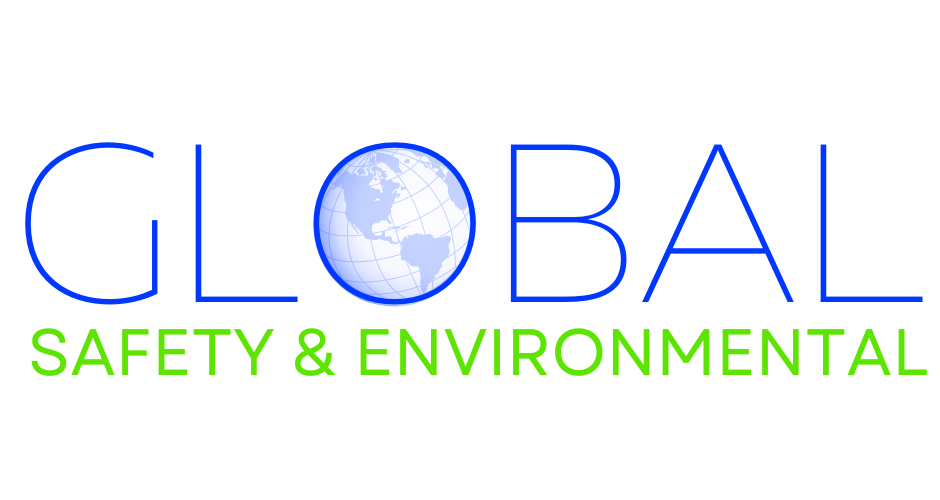Plastic Pellets, Flakes and Powder in the Environment

Pellet, Flake and Powder Loss — Its Impact and Its Management
In recent years and with increasing frequency, researchers have reported that seabirds, turtles and fish are ingesting a wide variety of plastic items, including pellets, flakes and powder that could affect their ability to breathe, swallow or digest foods properly. Most of these plastics are used in consumer products (e.g., bottles, caps, containers) that have been carelessly discarded. Some of this litter is in the form of resin pellets, flakes and powder that enter the waste stream and can end up in the ocean and our natural environment. When these pellets, flakes and powder are accidentally eaten by wildlife, they may not pass through their digestive tracts, which could lead to malnutrition or even starvation. The impacts of ingested marine debris can be significant and warrant efforts to prevent plastic materials from entering the environment.
While consumers are responsible for the proper recycling and disposal of consumer products and packaging, the plastics industry must focus on proper containment of plastic pellets, flakes and powder. We must prevent the pellets, flakes and powder from getting into waterways that eventually lead to the sea. All employees in every aspect of the industry must be educated on how to properly handle and dispose of plastic pellets, flakes and powder with the goal of zero pellet, flake and powder loss.
The OCS Program
Plastics Industry Association (PLASTICS) began an education effort in the early 1990s to reduce pellet loss by resin producers, transporters, bulk terminal operators and plastics processors. A number of public service materials under the name of Operation Clean Sweep (OCS) were developed and disseminated to companies nationwide. The message was simple: resin pellets should be contained, reclaimed and/or disposed of properly. It’s now time to refocus our industry on this problem and to expand the OCS initiative to solve it.
The American Chemistry Council (ACC) and PLASTICS have worked together on a revitalized OCS program to strengthen efforts to educate and change behavior in the plastics industry with a goal of zero pellet, flake and powder loss. ACC and PLASTICS are strongly committed to this effort and are encouraging plastics companies to participate in the OCS program, which includes the practices and tools outlined in this manual. In addition, ACC and PLASTICS are encouraging companies to sign onto the Declaration for Solutions to Marine Litter, of which the OCS program is a key element. Only by working globally can industry help to affect the introduction of pellets, flakes and powder into the environment.
OCS’ goal is to help keep plastic pellets, flakes and powder out of the environment, but these efforts can also help improve relations with stakeholder groups and community organizations that expect the industry to minimize its environmental footprint. The industry needs every processor’s help to get positive results.

How You Can Help
Each segment of the industry – whether resin producers, transporters, bulk terminal operators or plastics processors – has a role to play in eliminating resin pellet, flake and powder loss. It’s the little things that count – a few pellets, flakes and powder here, a handful there. They all add up when you consider the thousands of facilities in the industry and the frequency with which resin pellets, flakes and powder are loaded and unloaded.
Commitment by everyone in every company, from top management to shop floor employees, is essential to eliminating pellet, flake and powder loss.
Pellet, flake and powder containment is good for the environment. It’s good for business – pellet, flake and powder loss represents a source of revenue loss. And, in many jurisdictions, there are separate legal or permit require- ments addressing pellet, flake and powder loss.
With your help and cooperation, we can make great strides to help our industry protect the environment. ACC and PLASTICS look forward to working with you on Operation Clean Sweep to accomplish this important goal.
